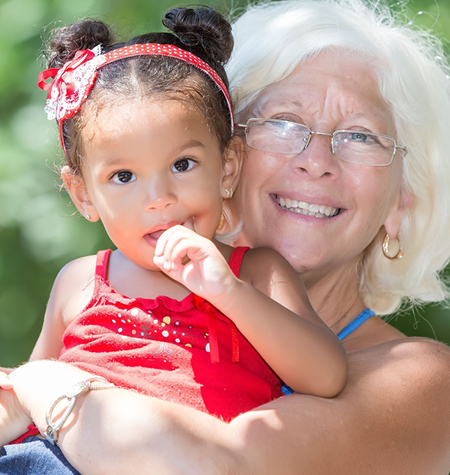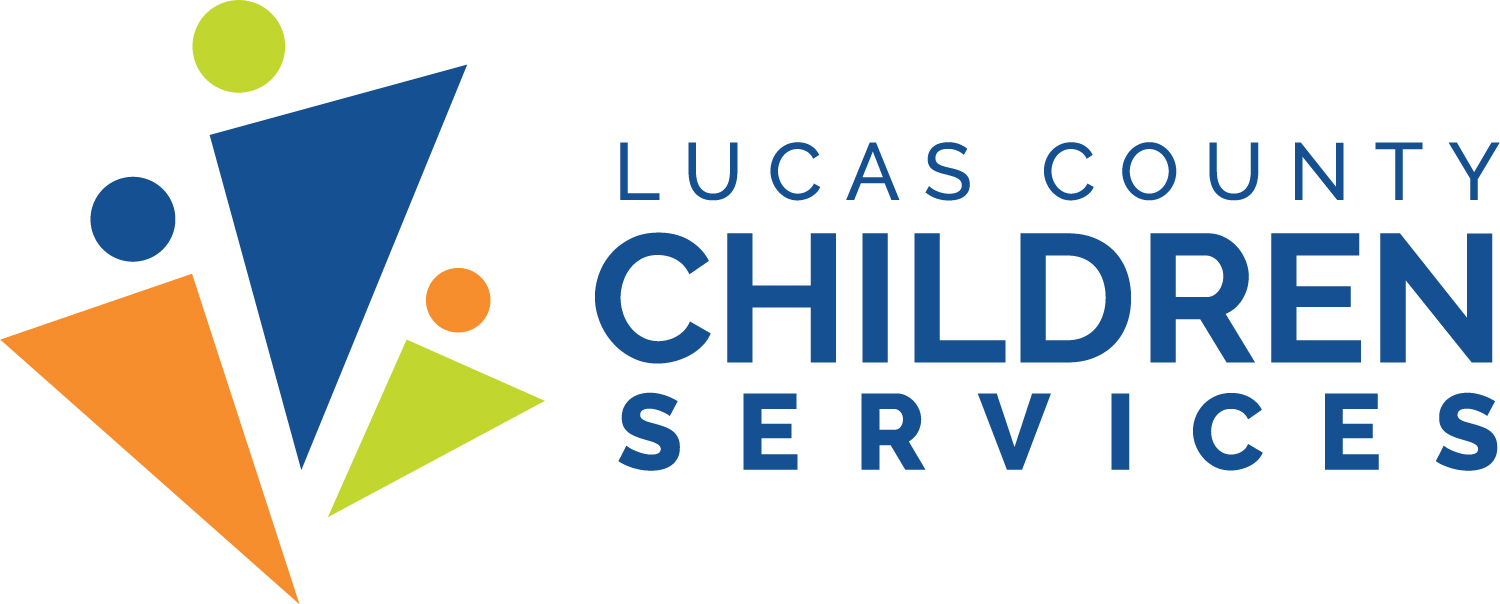 Kinship care places a child (or children) in the full-time, substitute care of a relative or any non-relative adult who has a longstanding bond or relationship with the child(ren) during a time when parents are unable, or unwilling, to care for their children. Kinship care is often called for as a result of parents’ death or chronic illness, substance abuse, incarceration, domestic violence, child abuse or neglect, teenage pregnancy, unemployment, poverty, or other problems.
Kinship care places a child (or children) in the full-time, substitute care of a relative or any non-relative adult who has a longstanding bond or relationship with the child(ren) during a time when parents are unable, or unwilling, to care for their children. Kinship care is often called for as a result of parents’ death or chronic illness, substance abuse, incarceration, domestic violence, child abuse or neglect, teenage pregnancy, unemployment, poverty, or other problems.
Kinship care promotes the safety, permanency and well being of children. LCCS promotes collaborative relationships between parent(s), guardians, service providers, community partners and kinship families.
Kinship care reduces the need for placement of children in more restrictive settings within the child welfare system, and can be a temporary or permanent arrangement.
Kinship care can include those relationships established through an informal arrangement, a legal custody or guardianship order, a relative foster care placement, or a kinship adoption.
In-Home Support
LCCS Community Advocates are available to assist kinship caregivers with important tasks, such as linking them with community programs, applying for JFS benefits and enrolling children in school.
Training
Ongoing training is available to assist kinship caregivers in dealing with changing family relationships, behavior management, caring for children whose parents have substance use disorders and other valuable topics. Information on these training classes is provided in the agency’s quarterly foster parent training calendar, accessible here.
Community Advocates for Kinship Caregivers
The Community Advocate (CA) program provides temporary services to families who need help to address a wide range of problems. The Advocate teams up with the family’s caseworker to ensure they are linked to case plan services addressing issues like family management, parenting, or substance abuse treatment. Community Advocates also support to kinship caregivers to facilitate and stabilize the placement of children in their homes.
Own Home/Reunification Services
Supporting parents during the initial six weeks of the referral to prevent the removal, and/or assist with reunification of, the child(ren) and their parent(s).
Relative/Free Home Placement Services
Supporting relatives during the initial six (6) weeks of the child(ren)’s placement in relative care.
Family Case Conference and Administrative Reviews
Supporting families by attending family case conferences and administrative reviews to ensure that needed services are identified.
Advocating, Navigating, and Linking
Identifying, and helping families navigate systems that can connect them to service providers, housing, healthcare, legal services, educational supports, such as ODJFS, daycare, WIC, social security, resource centers, shelters, food banks, summer programming, etc.
Housing Assistance
Community Advocates will link eligible families to the Lucas County Metropolitan Housing Authority (LHMA) Family Unification Program (FUP) for Section 8 vouchers. For families not eligible for FUP, advocates will complete a housing to identify any barriers that may impede their ability to attain affordable housing in the private sector.
Resources for Kinship Caregivers
Child Care Assistance
Subsidized child care is provided for eligible families to support the parents’ work and training efforts.
Kinship Navigator
The Kinship Navigator Program is designed to provide information and resources to assist grandparents and other relatives who are raising children in their extended family. Many of the children have behavior and learning disabilities, which can be a daily challenge to the Caregiver. The Area Office on Aging of Northwestern Ohio connects grandparents and relatives raising children to information and services in our community, including education programs, financial assistance, health care for the children, and more.
Ohio Kinship Grandparent Coalition
The OGKC is a statewide organization that provides information and networking for caregivers taking care of children other than their own when the parents are unwilling or unable to care for them.
Supplemental Nutrition Assistance Program
The Supplemental Nutrition Assistance Program (SNAP) helps buy food for your family. It is designed to raise nutritional levels and assist in the well-being of individuals in low-income households. Families and individuals can receive this benefit. Eligibility is based on factors such as family size, assets (checking and savings accounts, stocks and bonds, etc.), income, and expenses.
United Way 2-1-1
A 24-hour-a-day information and referral service line
Call 2-1-1 OR chat online
OAKS: Ongoing Adoption and Kinship Support Program
Lucas County Children Services has partnered with Adopt America Network to provide families with post placement supervision services and ongoing support through finalization and beyond through the Ongoing Adoption and Kinship Support (OAKS) program.
OAKS recognizes that families need support after placement and finalization occur. OAKS offers permanency and family preservation services including ongoing training classes, adoption navigation with community resources, and parent and child mentors. Support groups for families and children are offered to those who have adopted or taken permanent custody of a child from foster care or to those who have been united through international or private infant adoption. These support services are available to families untied through adoption, kinship custodial arrangements and guardianship. For more information on the OAKS program, contact Adopt America Network [adoption@adoptamericanetwork.org], call 1-800-246-1731 / 419-726-5100 or join their Facebook support group page.

